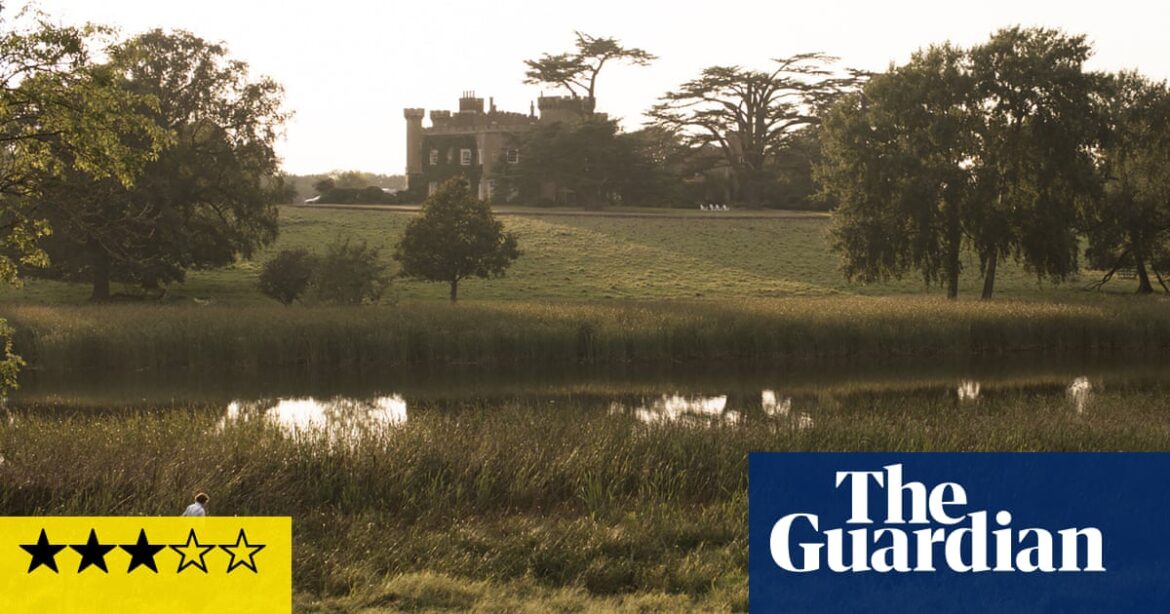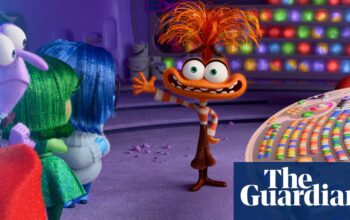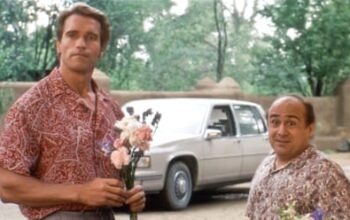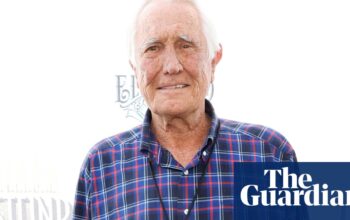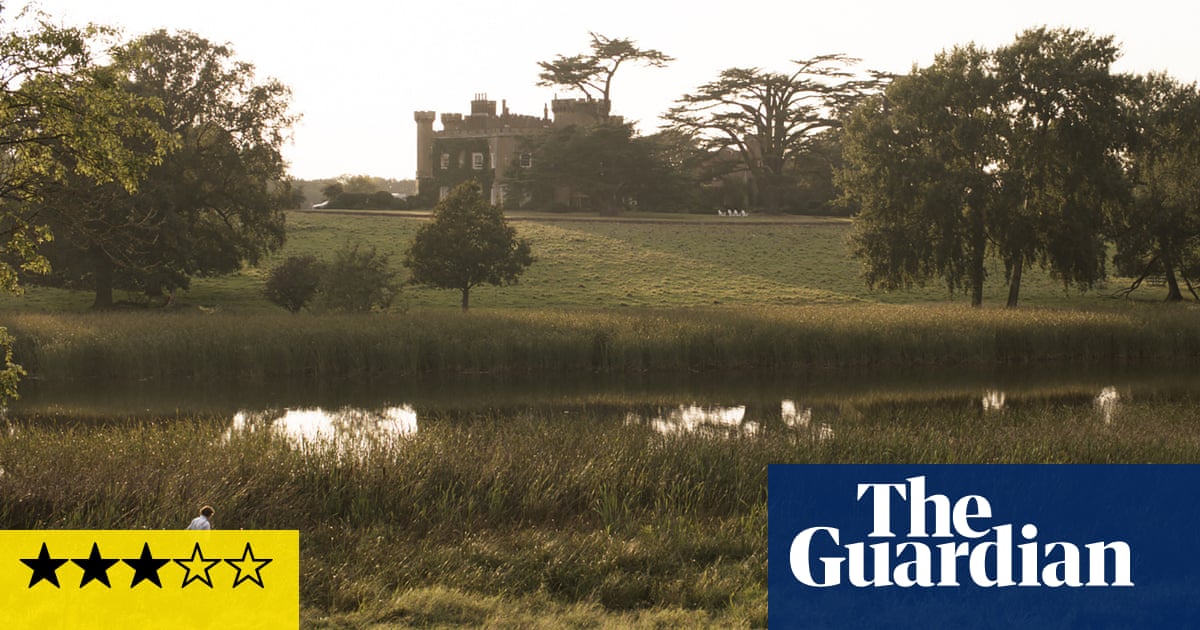
You’ll never look at a green and pleasant pasture in the same way again after watching this documentary about the rewilding project at the Knepp estate in West Sussex. The land belongs to Sir Charles Burrell, 10th baronet (he goes by plain old Charlie), who was in his 20s when he inherited the five-and-a-half square mile estate. The plan was to follow in the family tradition of farming, but the heavy clay soil at Knepp didn’t suit modern intensive methods so, in 2000, £1.5m in debt, Burrell and his conservationist wife, Isabella Tree, sold the cows and let everything go to seed.
Looking at Knepp’s unruly landscape today, all thorny scrubland, brambles and little mounds dug by who knows which critter, what’s startling is the realisation that countryside as most of us understand it isn’t actually countryside as nature intended. Knepp is not postcard pretty but its wild beauty is habitat heaven. Species virtually extinct elsewhere have sniffed out Knepp and are thriving: from purple emperor butterflies to turtle doves and nightingales. Amazingly, the first wild storks born in the UK in 600 years hatched at Knepp.
Rewilding is a buzzword today, but Burrell remembers the outraged reaction of neighbouring farmers back in the early 00s. He was accused of being irresponsible, and unpatriotic for not doing his bit to feed the nation. I’m not sure it was necessary to cast actors to play the Burrell and Tree dramatising these events; more fun are the four legs on camera. The couple have introduced native breeds to Knepp where Tamworth pigs, Exmoor ponies and cows roam free. The first winter the couple held their breath: would the domesticated creatures survive? But look, there’s a mummy pig tucking in her piglets under a duvet of moss and fallen leaves. She knows exactly what to do. Knepp is a heartwarming speck of biodiversity good news among the depressing headlines.
Source: theguardian.com
